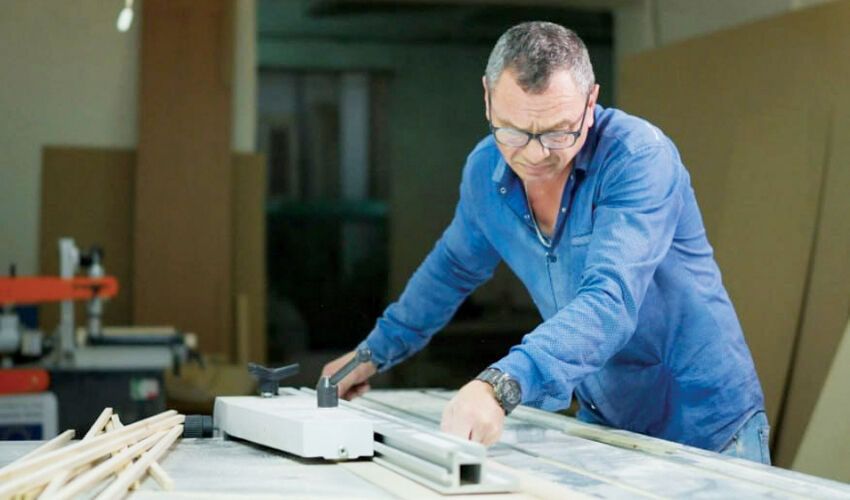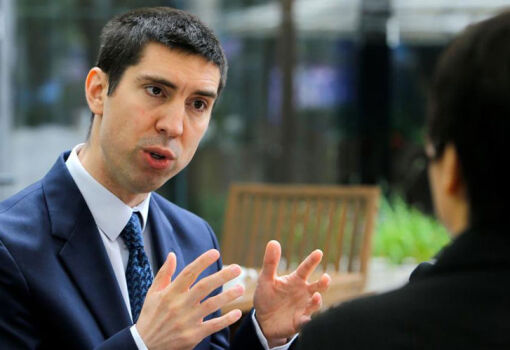
It all started in 2019, when Florin Popov, a young entrepreneur, decided to plant 10 hectares of paulownia in the village of Floreni in the commune of Skuleni. Inspired by his experience in the forestry industry in Italy, Florin saw in this tree a rare opportunity – to produce high-quality, sustainable timber with great potential for local economic growth.
The initial goal was export. Pavlovnia wood was in high demand in Europe due to its properties: it was lightweight but strong, fire resistant and had excellent insulation properties. But over time, the direction has changed. Together with other local entrepreneurs, Florin laid the foundations of a regional economic ecosystem focused on local wood processing and the development of the furniture industry.
“The original plan was to export wood to the European Union. But we soon realized that the real value lies in processing paulownia wood here in Moldova,” said Florin Popov.
Thus, in 2022, the Ungheni Furniture Cluster was born, an initiative that brought together 18 local entrepreneurs with a common goal: to maximize the use of paulownia wood, using the principles of sustainable development. Thanks to the support of the EU4Moldova: Focal Regions program, funded under the EU4Business initiative and implemented by UNDP and UNICEF, the cluster received financial assistance of 100,000 euros for the purchase of modern equipment. In addition, cluster members gained access to specialized business mentoring and professional training, which contributed to further developing their skills and enhancing the cluster’s competitiveness.
The results were not long in coming: 17 new jobs were created, labor productivity increased by 10%, and revenues from furniture production increased by 14%. For every leu invested, cluster members received 9 lei of profit – a clear confirmation of the effectiveness and long-term potential of this initiative.
Pavlovnia has become more than just a raw material – it now acts as a catalyst for local innovation. Ungheni workshops have started producing furniture, decorative elements and modular structures. Moreover, partnerships with similar clusters in Romania have opened doors to international markets.
“Strength in numbers. We strive to expand the cluster with new participants and invest in modern technologies in order to remain a competitive leader both at the national and European level,” states Alexandru Coval, head of the furniture cluster.



